Market Analysis
In-depth Analysis of Iceland Sustainable Chemicals Market Industry Landscape
Iceland's sustainable chemicals sector is experiencing several transformations, which are driven by growing awareness about the environment and commitment towards the green economy. As one among many eco-friendly initiatives that fall within its broad scope, Iceland seems today more inclined towards sustainable chemicals than ever before, thanks to its outstanding natural beauty sites and pursuit of renewable energy sources. Key factors shaping dynamics include those related to consumers' knowledge and desire for environmentally friendly commodities, thus impacting how Sustainable Chemicals Markets develop within this Nordic island country. People's realization of the adverse effects of conventional chemical production has made them favor products that come from sustainable sources and have a low ecological footprint. This change in behavior is forcing businesses to adapt and innovate, thereby leading to the expansion of alternative green chemicals. Government policies and regulations have also been instrumental in shaping the market dynamics. Iceland's strategies include policies that favor sustainability in different sectors, such as chemicals. The availability of geothermal and hydro sources as the country's source of more than half its total power has given a competitive edge for sustainable chemical firms. Through this method, a lot of domestic manufacturers have come up while at the same time attracting other investors, making the country a strategic hub for manufacturing eco-friendly products on a global scale. Collaborations and partnerships between research institutions, businesses, and government bodies are also enhancing the dynamics of the sustainable chemicals market. This is achieved through their joint endeavors to come up with innovative solutions and find new materials for production, among other ways of fostering overall growth and competitiveness in this industry. Moreover, the global trends and interconnectedness of the international sustainable chemicals market influence market dynamics. Furthermore, Iceland's commitment to sustainability is consistent with global efforts towards greener and environmentally friendlier alternatives. Therefore, Icelandic entrepreneurs can use this momentum to get into international markets such that it enhances economic growth besides being an avenue for the exchange of sustainable technologies and practices. However, inherent in the market dynamics are challenges. Initial investments for transitioning to a more sustainable path may be significant because traditional industries may not easily accept change.


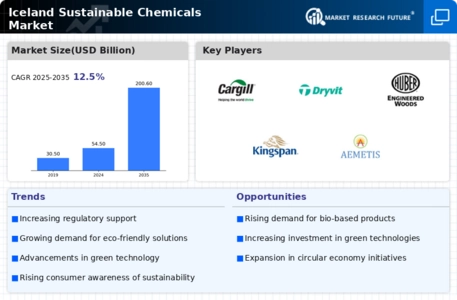
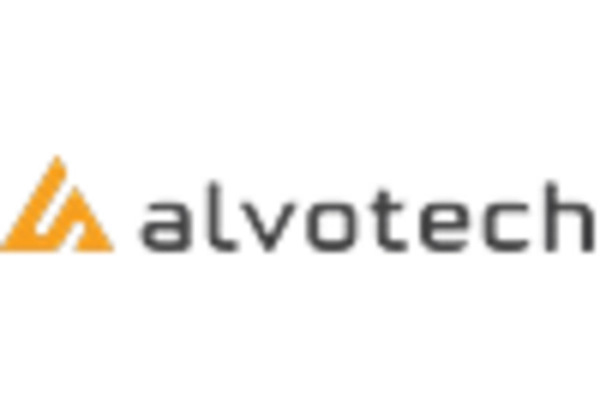
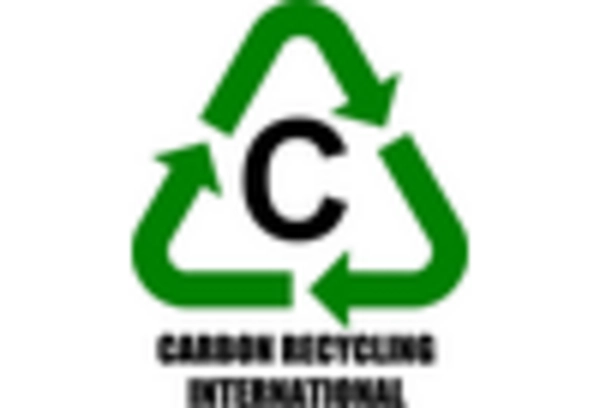
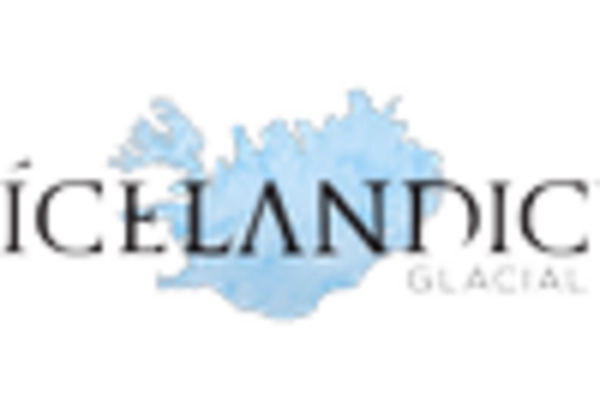
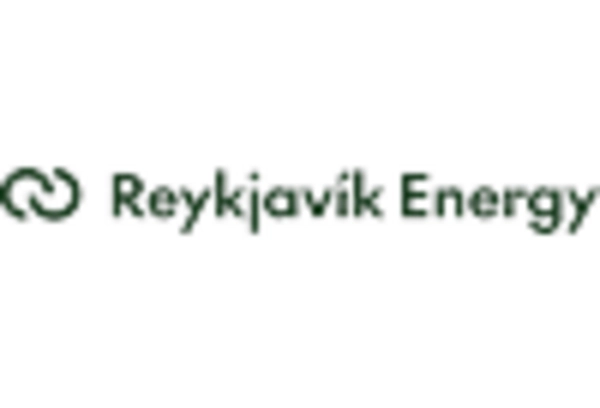
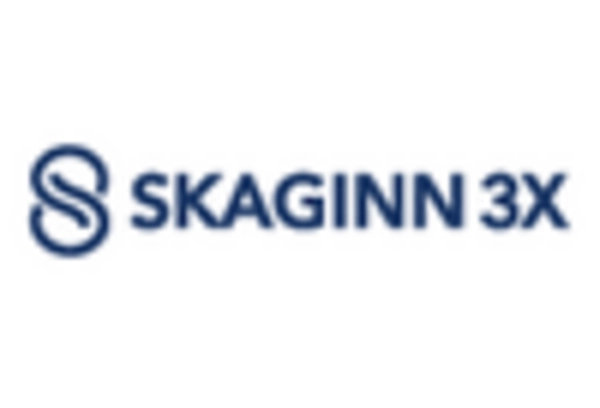
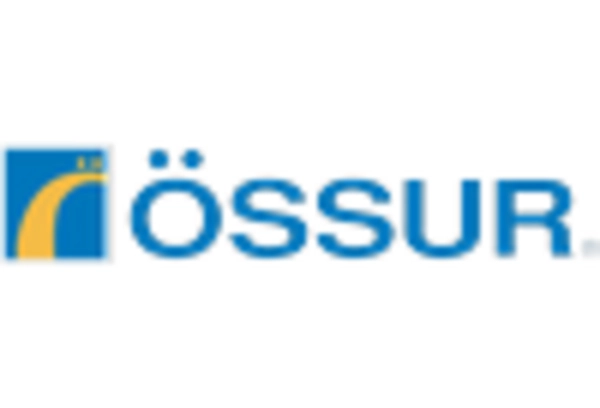










Leave a Comment